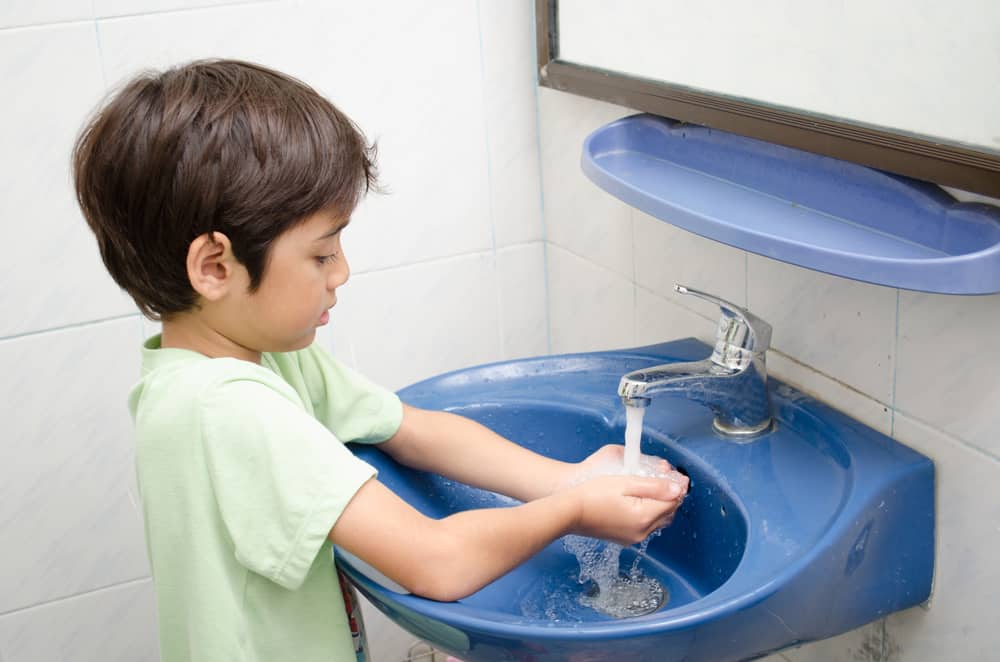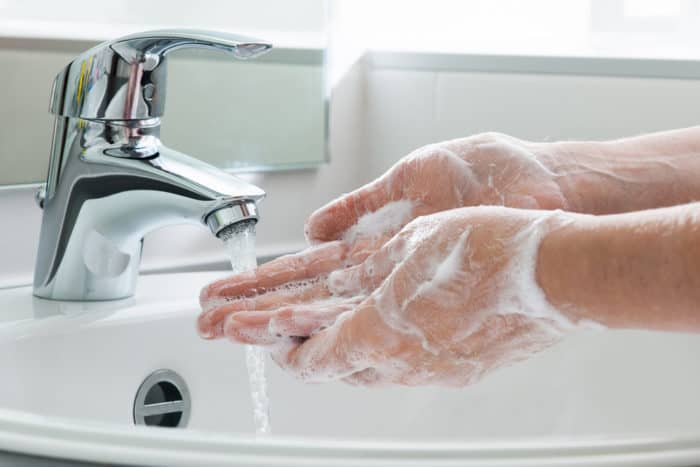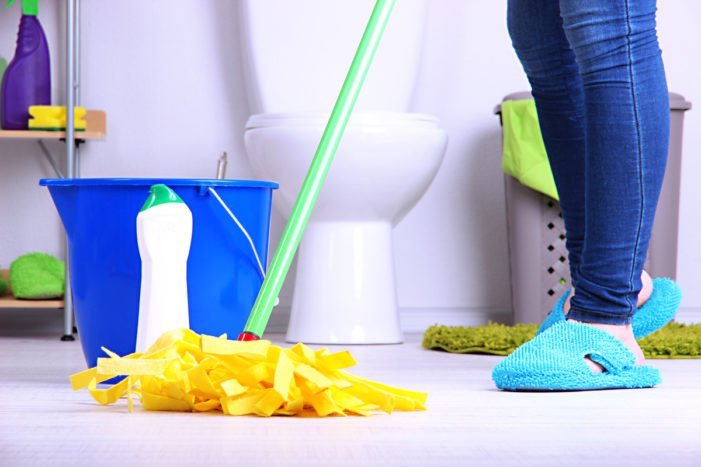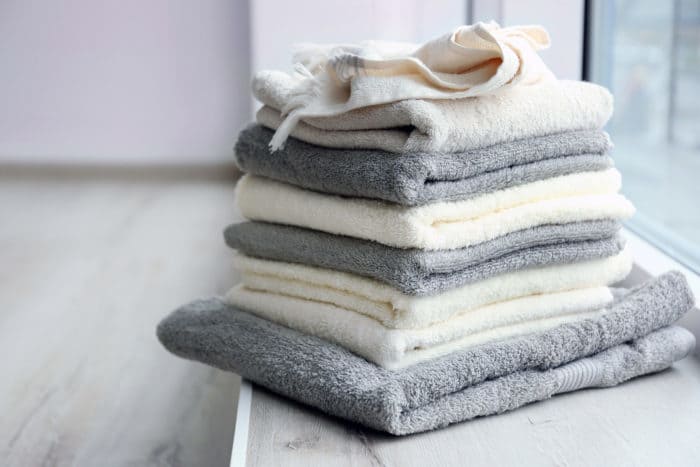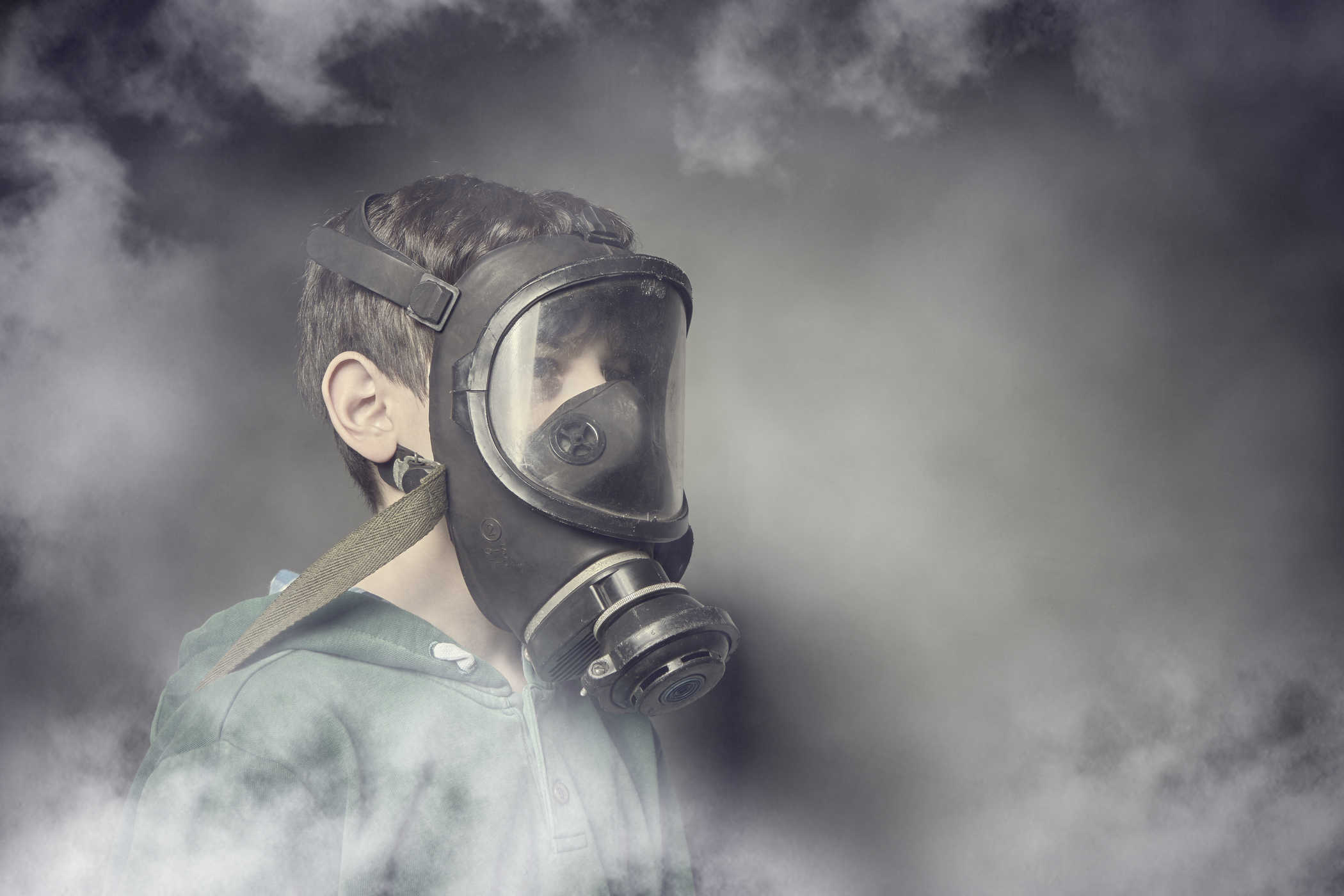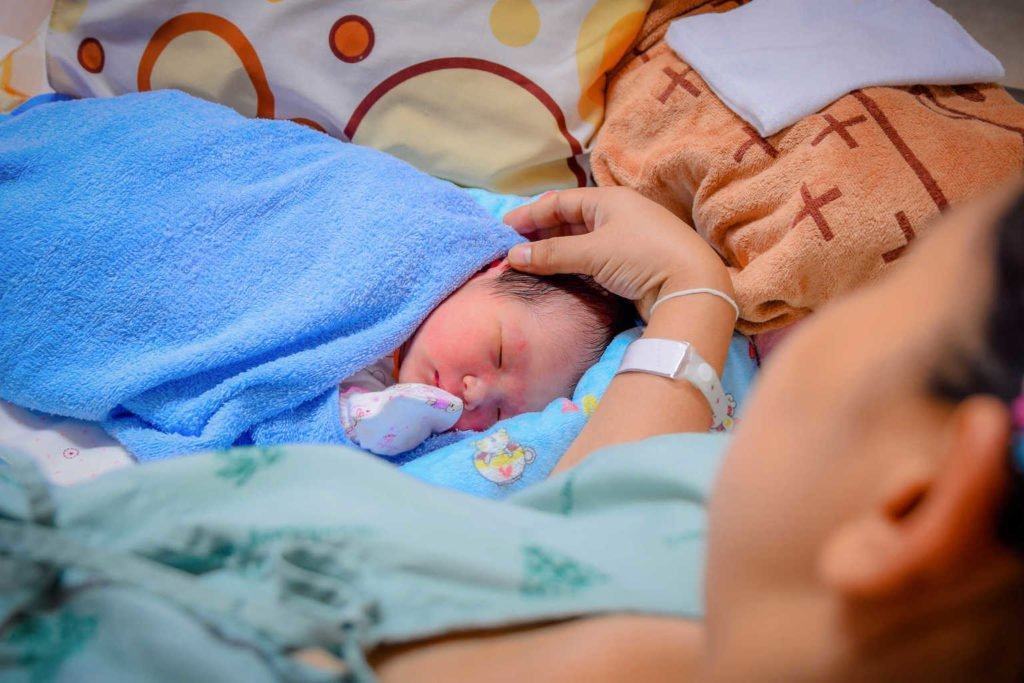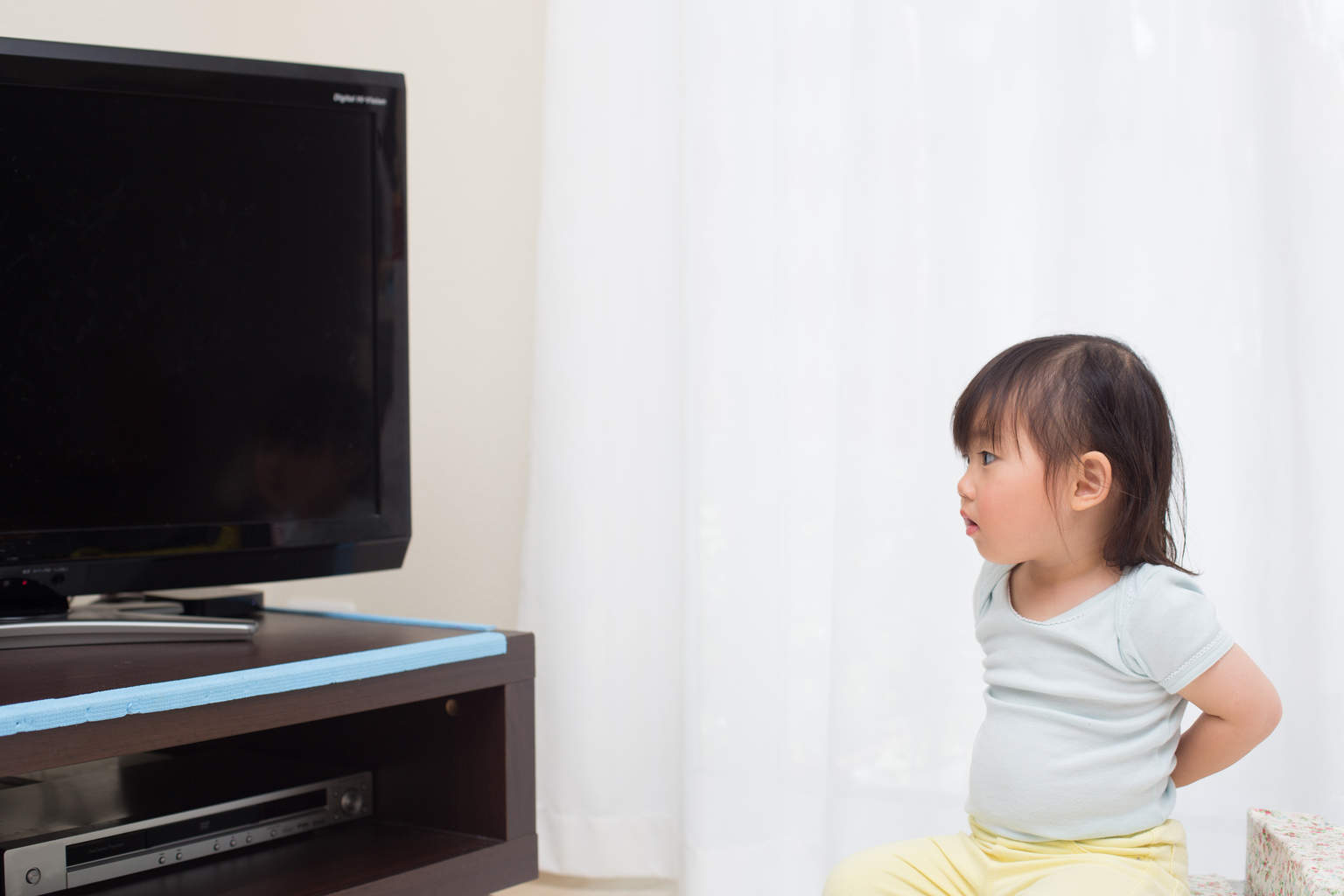Contents:
- Medical Video: The global plan to fight AMR superbugs | Jill Inverso
- Bad sanitation is still a high incidence of infectious diseases
- In fact, preventing infectious diseases is easy
- 1. Don't forget to get used to washing your hands!
- 2. Routinely clean the bathroom
- 3. Do not store a damp cloth
- 4. Clean the corners of the house
Medical Video: The global plan to fight AMR superbugs | Jill Inverso
Everyone may agree that personal hygiene and the environment are one of the factors that affect health. Yes, you can prevent infectious diseases by doing proper sanitation. How big is the effect of sanitation on our health?
Bad sanitation is still a high incidence of infectious diseases
Did you know if the main problem of Indonesia in the past was the infection disease? Even though it has declined over time, infectious diseases are still a problem today.
One of the causes of high rates of infectious diseases is poor sanitation. Based on data from UNICEF (United Nation Emergency Children's Fund), 88 percent of children die from diarrhea which usually occurs in areas with poor sanitation.
While in Indonesia alone, according to data from the 2007 RISKESDAS, 31 percent of infant deaths (0-1 years) and 25 percent of children under five are caused by diarrhea.
In fact, preventing infectious diseases is easy
There are many simple things that you can apply from now on to prevent infectious diseases. It's not difficult, let's follow the following habits if you don't want to get germs.
1. Don't forget to get used to washing your hands!
How often do you wash your hands every day? If you rarely wash your hands, there are actually many infectious diseases that lurk your health.Yes, the article is that there are thousands of invisible bacteria that stick to your hands after a day of activities, holding various things, and coming into contact with many people.
The habit of washing hands properly, ie using soap and running water, can reduce the risk of diarrhea by 42-47 percent.Therefore, from now on make it a habit to wash your hands before eating and processing food, after coming from the bathroom, and after doing activities from outside.
2. Routinely clean the bathroom
The toilet in the house can be a nest of germs if not cleaned frequently. Because, it is estimated that there are at least 50 thousand bacteria in one toilet.
In order not to get infected with an infection, you must keep the toilet clean. Clean the toilet at least twice a week by brushing and using a special toilet cleaner.
3. Do not store a damp cloth
There may be people who do not dry their towels in the open and leave them damp in room temperature. Though this habit makes them at risk of various infectious diseases.
Moist towels are often a nest of bacteria. When you or other family members wear it, bacteria can move to the body and eventually infect. Moisturizing fabrics such as sheets and napkins are also ideal places for bacterial growth.
Therefore, you should regularly replace the cloths in the kitchen which are easily moist and wash using special soap.
When washing it, you can also soak the cloth with warm water so the mold and bacteria die. To be cleaner, choose an antibacterial soap so the germs disappear when washed.
4. Clean the corners of the house
Is your house clean? Maybe, you routinely clean the house, mop the floor, or wipe the dining table and living room.
However, what about the hidden corners of the room, for example, the corner of the kitchen that could have left over food scraps or damp dishes?
Such corners of the house often go unnoticed. Most people think they have cleared the room, living room and dining table area, meaning the house is clean. In fact, the corner of the kitchen and the sink is an ideal place for bacteria to breed.
So, don't forget to clean all areas of the house, including hidden corners.
Preventing infectious diseases must also be accompanied by healthy behaviors, such as eating foods that are high in nutrition, regular exercise, adequate rest, to avoid bad habits. You can also prepare health insurance from now on so that your health and family are protected.

